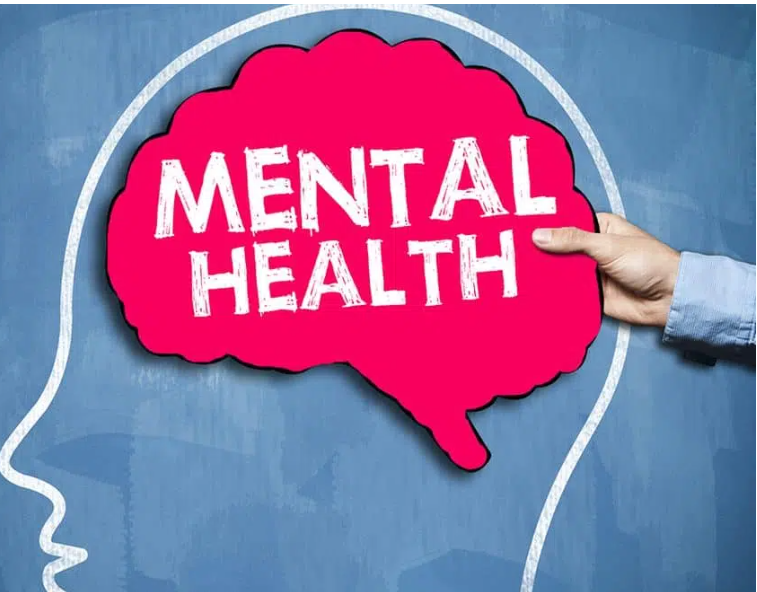There is no better time to address the importance of mental health application and first aid in schools than now. Children in India, for ages, have been taught what to believe, what to think and what to do by their parents, teachers, or guardians. It is time that we encouraged them to think for themselves and taught ourselves to consider their perspectives as well. As per Indian norms, societal expectations rank very high when it comes to life satisfaction. As such, there is the belief that if people make no ripples, they are safe from the scorn of those around them. Due to such blatant disregard of their wants in favour of meeting societal expectations, members of Indian society fail to open their eyes to their emotional states and mental health. This, subsequently, is what they teach their children, who further teach their own children, leading to generational trauma.
As such, it is up to us to curate the shift from stigma to open conversations. Per the World Health Organisation, “Mental health is fundamental to our collective and individual ability as humans to think, emote, interact with each other, earn a living and enjoy life.” Such a definition gives insight into how valuable a person’s mental health is. Moreover, it subtly addresses how terrifying a lack of mental health could be. This is why mental health first aid should be made mandatory in schooling systems. This can be done in three different ways: workshops, classes,
and training.
The first step to de-stigmatization is conversation
Having workshops around the importance of mental health and why it needs to be openly discussed will encourage positive discourse. It will push people to address their own prejudices and understand more about their own psychological well-being. Indians have always taken a step back when it comes to talking about their emotions; having such workshops will encourage them to take a step forward and support themselves and the upcoming generation. As such, schools should take measures to improve the curriculum being taught. One way to ensure this is to make mental health classes mandatory. Talking about depression or anxiety isn’t where we start. Schools should begin by talking about how children feel and encouraging them to explore why they react in specific ways when they feel something. This will not only make them mindful of themselves, but it will also cultivate empathy within them. It is time we break the cyclic damage that we do to ourselves and our future generations. What better way to do it than by empowering ourselves?
The second step to de-stigmatization is access to information.
For more than a decade now, there has been applying Life Skills classes in schools. Such courses taught children to share, make friends, understand personal space, etc. Though such courses taught these concepts, they did so very regressively. For example, via these classes, children are encouraged to share whether they like it or not because ‘sharing is a good habit .’ They are taught to make friends with everyone but not what friendship should be about. All in all, this course, to date, has provided misinformation under the guise of life skills. It does not consider the wants and needs of children. It is simply constructed to appease the needs of an extra course. This is where change needs to be made.
Children should be encouraged to be open-minded, not until they are presented with something against their values but regardless of it. They should be taught the importance of mental health. They should be encouraged to make friends but also informed about open communication. Such courses should teach them to make decisions, accept advice, and not blindly obey the age-old statement of ‘anyone older than you are right .’ Children are taught to be ‘perfect’ members of society when society has unattainable expectations. Giving them the skill set and information to navigate their relationships and mental health should be a must have in schools and their curriculum.
The third step to de-stigmatization is application.
Teachers and nurses in schools are rarely taught how to handle mental health breakdowns. One of the most common ways a teacher or a nurse would address this, is by scolding the child; which ultimately makes everything worse. They must be taught empathy first and encouraged to not assume that they know everything about the student in their class. They should be prepared to communicate and be taught how to handle outbursts and panic attacks.
Training must be given to such professionals before they can teach or practice in schools. Due to such pre-existing expectations and responses that have been ingrained in teaching professionals, it is even more vital that we take the first step into sensitising people about the problems that can affect children due to improper conduct. Simply because students are younger than their teachers gives them no right to not treat them without respect. Considering their mental health and taking into account their needs can help raise a well-rounded individual who is in tune with their emotions. It is with this that can contribute the most to our society in the future.
AUTHORS
- Moitrayee Das is an Assistant Professor of Psychology at FLAME University, Pune. She received her Ph.D & M.Phil in Management and Labour Studies from Tata Institute of Social Sciences (TISS), Mumbai. She has also completed an Executive Post Graduate Diploma in Analytics from TISS Mumbai. She holds an M.A. Degree in Applied Psychology with a specialization in Industrial Psychology and a Bachelor’s degree in Psychology from the University of Mumbai. She has completed two diplomas in the field of Industrial and Human Resource Management respectively from Welingkar Institute of Management Development and Research, Mumbai. She loves to pursue different courses, and has completed multiple certificate courses and diplomas from different institutes, and is currently pursuing a Diploma in Art Therapy.
- Liz George is a third year Psychology major at FLAME University. She is a certified NTTC teacher with two years of work experience. She has short course certificates in Counseling Psychology and Social Care and is currently working as a freelance content writer for Mindschool. She enjoys reading up on new events in the field of psychology and learning more about the reasons behind human behavior.




Such an useful article to read!